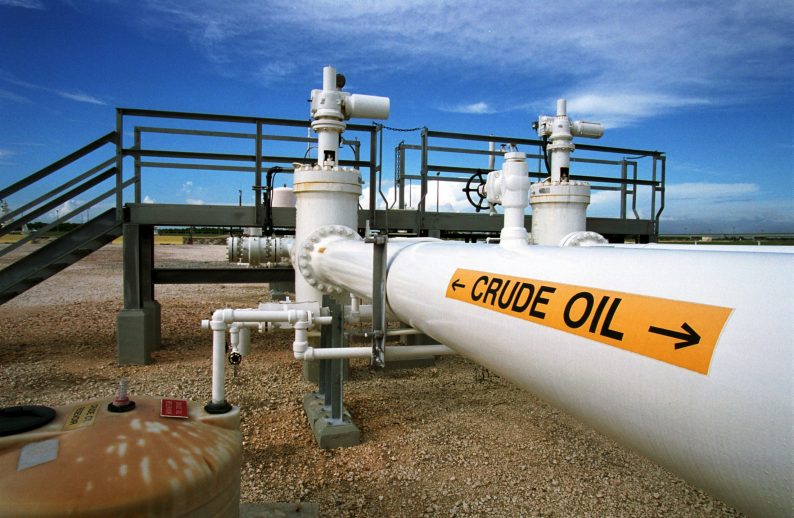The biggest, best, massive tax cut plan in all human history was not enough to shake the petroleum sector out of its bearish slumber. The petroleum sector has been dripping down slowly like a good old fashion water torture as the market is fixated on short-term supplies and not our future. While the market continues to believe that shale oil is going to plug the gap in the global oil market, it will at some point find out that shale oil is a band-aid on what is becoming a gaping wound.
Just yesterday the International Energy Agency (IEA) reported that global oil discoveries fell to a record low in 2016 as companies continued to cut spending. The IEA said that sanctioned conventional oil projects are at the lowest level in more than 70 years and warned that both trends could continue this year. “Every new piece of evidence points to a two-speed oil market, with new activity at a historic low on the conventional side contrasted by remarkable growth in US shale production,” said Dr. Fatih Birol, the IEA’s executive director. “The key question for the future of the oil market is for how long can a surge in US shale supplies make up for the slow pace of growth elsewhere in the oil sector.”

That is the question that I pose. I fear that an overreliance on shale oil for future demand growth is putting the global economy at risk. The short lifetime of a shale well and the fact that big oil companies are going to shale not because they necessarily believe that is the answer to meet demand growth, but where these companies with mounting losses can make a quick buck to offset major losses over the past oil projects. But if you look at the math, the lack of investment in conventional oil projects is adding up to the loss of billons of barrels.
According to the IEA data, oil discoveries declined to 2.4 billion barrels in 2016, compared with an average of 9 billion barrels per year over the past 15 years. That is a loss of potential future supply of about 6.6 billion barrels. How long will it take shale producers to increase footer output to replace 6.6 billion barrels of oil?












Leave A Comment